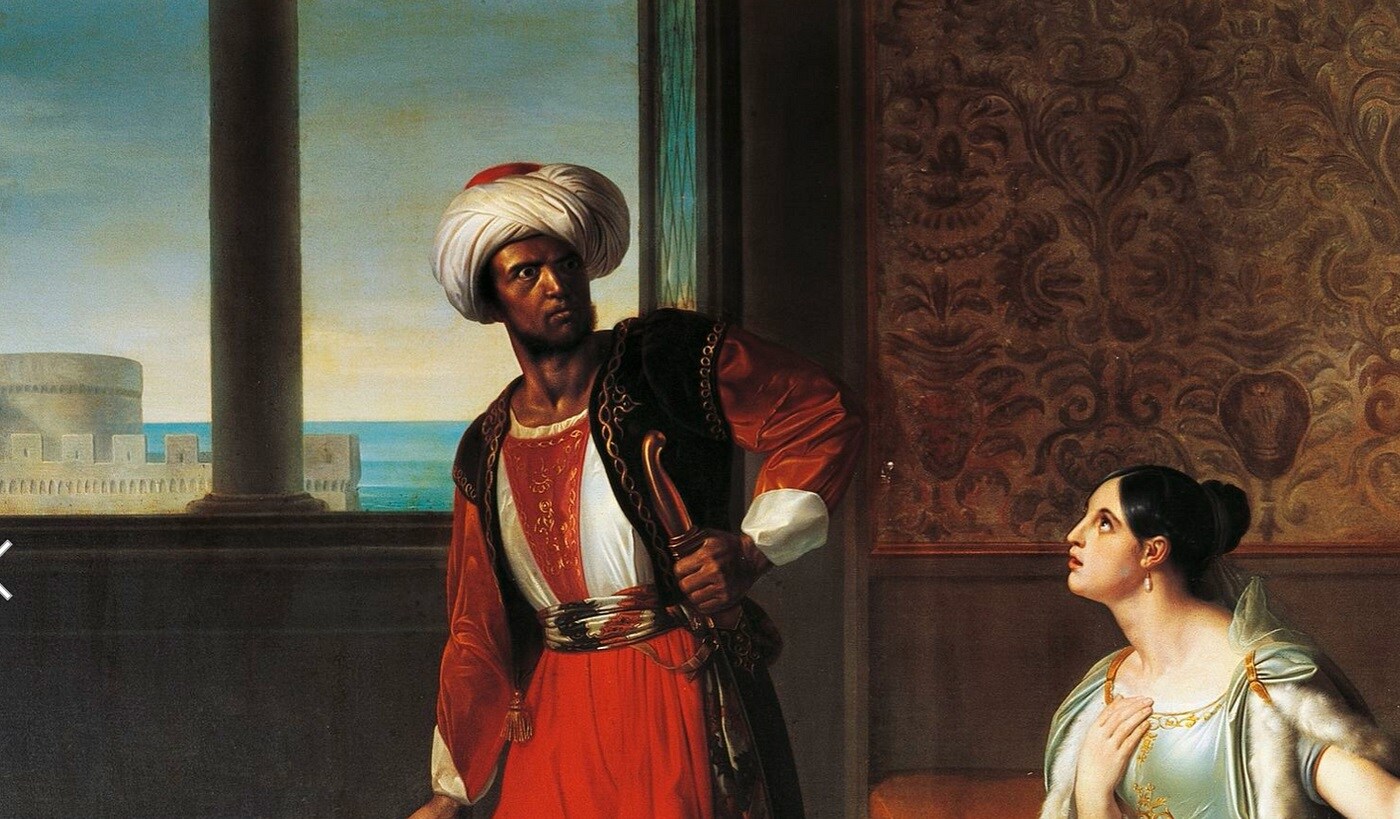
Othello is a timeless Shakespearean tragedy that continues to captivate audiences with its powerful themes and compelling characters. This article will delve into 18 fascinating facts about Othello, shedding light on the play's historical context, literary significance, and enduring impact. From the origins of the play to its complex characters and universal themes, these facts will offer a deeper understanding of Othello's enduring relevance. Whether you're a literature enthusiast, a student studying Shakespeare, or simply curious about this iconic play, these insights will enrich your appreciation of Othello and its place in the literary canon. So, let's embark on a journey through the world of Othello, exploring its creation, reception, and lasting legacy.
Key Takeaways:
- Othello, written by Shakespeare, explores jealousy, betrayal, and racial prejudice, captivating audiences with its tragic storyline and timeless themes.
- The play features Othello, a Moor, and his wife Desdemona, with a gripping narrative that reflects inner turmoil and leaves a lasting impact on audiences.
Othello was written by William Shakespeare.
This renowned tragedy was penned by the legendary playwright William Shakespeare, believed to have been composed in 1603.
The play is set in Venice and Cyprus.
Othello unfolds against the backdrop of these two distinct locations, with Venice serving as the initial setting and Cyprus as the primary stage for the latter part of the play.
Othello is a Moor.
The protagonist, Othello, is a Moor, a term commonly used in Shakespeare's time to refer to people of North African descent.
The play explores themes of jealousy and betrayal.
Othello delves into the destructive nature of jealousy and the treacherous consequences of betrayal, making it a compelling exploration of human emotions and relationships.
Iago is the main antagonist in Othello.
Iago, a complex and manipulative character, is the primary antagonist who orchestrates a web of deceit and treachery, leading to tragic outcomes for the characters.
Othello was first performed in 1604.
The play made its debut performance at the court of King James I, captivating audiences with its powerful storytelling and timeless themes.
Othello is also known as "The Tragedy of Othello, the Moor of Venice."
This alternate title provides insight into the central character's identity and the pivotal role that Venice plays in the narrative.
Desdemona is Othello's wife.
Desdemona, a noblewoman, captures Othello's heart, and their relationship becomes a focal point of the play's exploration of love, trust, and manipulation.
Othello is often considered a tale of racial prejudice.
The play addresses issues of racial discrimination and societal attitudes toward interracial relationships, offering a thought-provoking commentary on these themes.
Othello is a respected military general.
Othello's esteemed position as a military leader adds depth to his character and influences the dynamics of power and authority within the play.
Othello features a tragic storyline.
The narrative unfolds with tragic inevitability, showcasing the devastating consequences of deception, insecurity, and unchecked emotions.
Emilia is Iago's wife.
Emilia, a character with a strong sense of integrity, is married to Iago and becomes entangled in the web of deceit that he orchestrates.
Othello was the first black protagonist in English literature.
Othello's significance as the first prominent black protagonist in English literature highlights the play's historical and cultural impact.
The play's enduring relevance has led to numerous adaptations.
Othello's timeless themes and compelling characters have inspired a wide array of adaptations across various art forms, including literature, theater, film, and television.
Othello's downfall is driven by manipulation and insecurity.
The tragic events in the play are propelled by Othello's susceptibility to manipulation and his deep-seated insecurities, ultimately leading to his downfall.
Othello's language reflects his inner turmoil.
Shakespeare's masterful use of language allows Othello's inner turmoil and emotional conflict to be vividly expressed, adding depth to the character's portrayal.
The play's climax is marked by devastating revelations and irreversible actions.
Othello's gripping narrative builds toward a climactic sequence of revelations and actions that have profound and irreversible consequences for the characters involved.
Othello's tragic ending leaves a lasting impact on audiences.
The play's poignant conclusion resonates with audiences, leaving a lasting impression of the profound human experiences and emotions depicted in "The Tragedy of Othello, the Moor of Venice."
Directed by Oliver Stone, this iconic war film took the world by storm with its raw portrayal of the Vietnam War.
“Platoon” won four Academy Awards.
The film received critical acclaim and went on to win Best Picture, Best Director, Best Film Editing, and Best Sound Mixing at the 59th Academy Awards.
It was partially based on Oliver Stone’s own experiences in Vietnam.
Oliver Stone served in the Vietnam War, and the movie draws from his personal encounters and observations on the battleground.
Conclusion
In conclusion, Othello is a timeless masterpiece that continues to captivate audiences with its intricate characters, compelling plot, and timeless themes. From the complexities of human nature to the destructive power of jealousy, Othello offers a profound exploration of the human experience. Its enduring relevance and universal appeal have solidified its status as a literary classic, ensuring its place in the hearts and minds of readers and theatergoers for generations to come.
FAQs
What is the significance of the handkerchief in Othello?The handkerchief in Othello serves as a powerful symbol of love, fidelity, and betrayal. It becomes a focal point of the plot, representing Othello and Desdemona's love and trust, and later becoming a pawn in Iago's manipulative scheme.
What are the main themes in Othello?Othello delves into timeless themes such as jealousy, manipulation, race, and the complexities of human nature. These themes are intricately woven into the fabric of the play, offering profound insights into the human condition and societal dynamics.
Was this page helpful?
Our commitment to delivering trustworthy and engaging content is at the heart of what we do. Each fact on our site is contributed by real users like you, bringing a wealth of diverse insights and information. To ensure the highest standards of accuracy and reliability, our dedicated editors meticulously review each submission. This process guarantees that the facts we share are not only fascinating but also credible. Trust in our commitment to quality and authenticity as you explore and learn with us.


